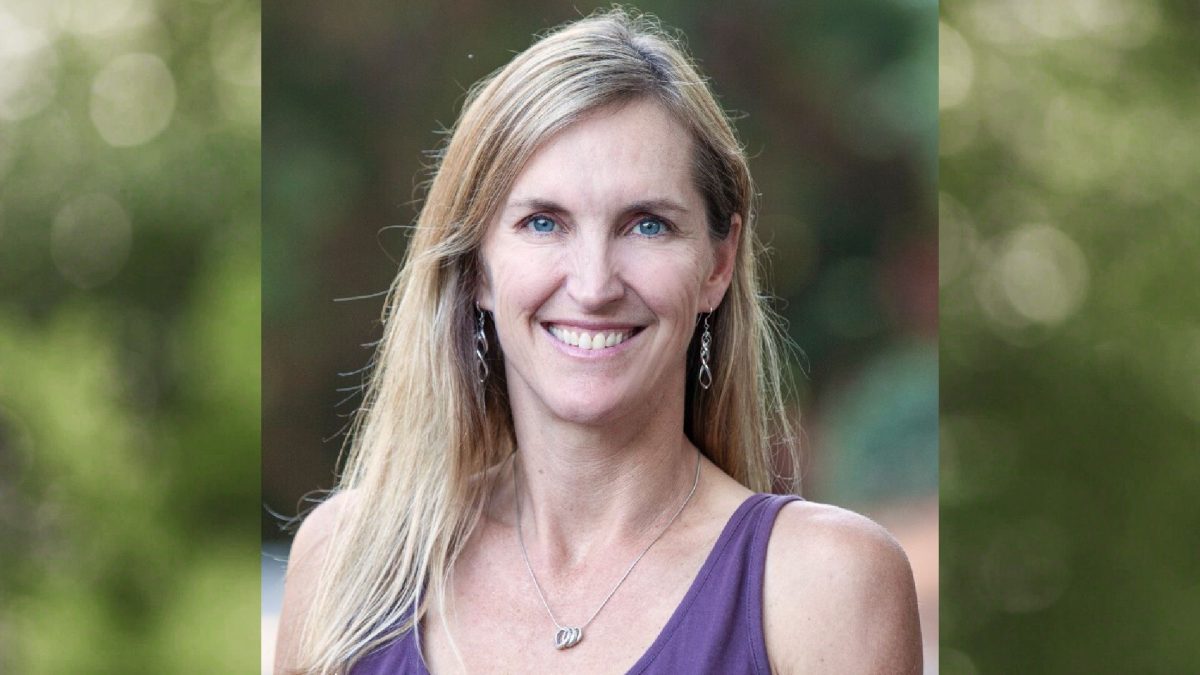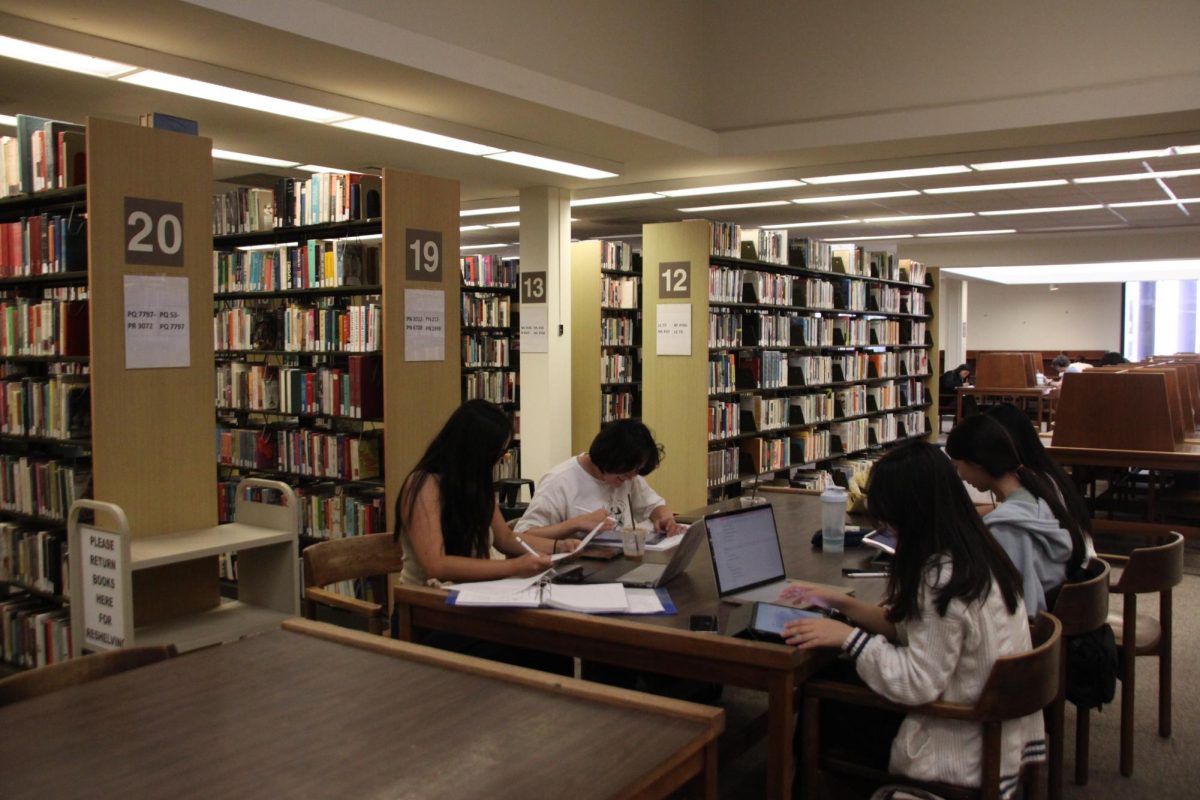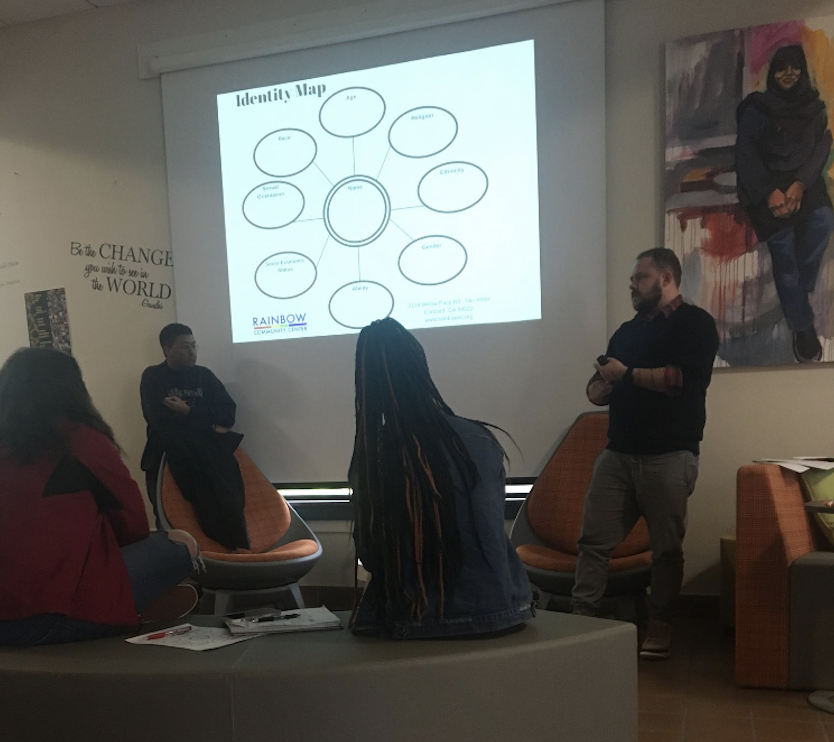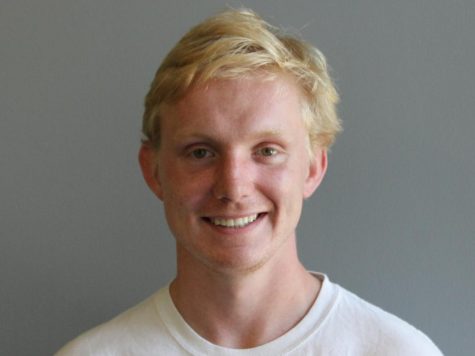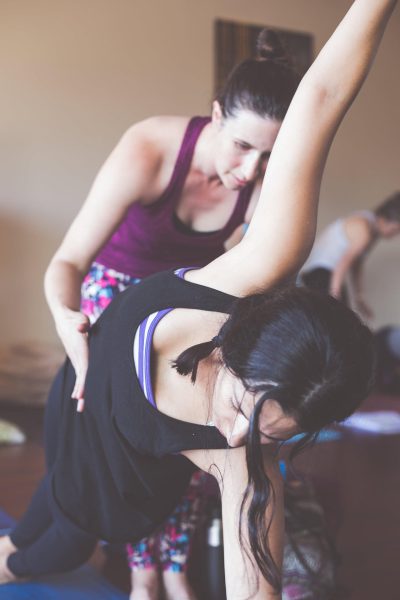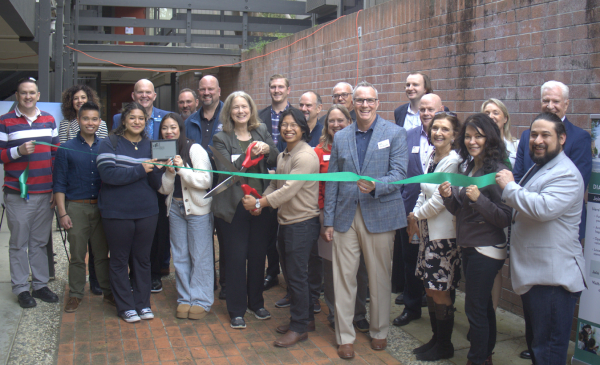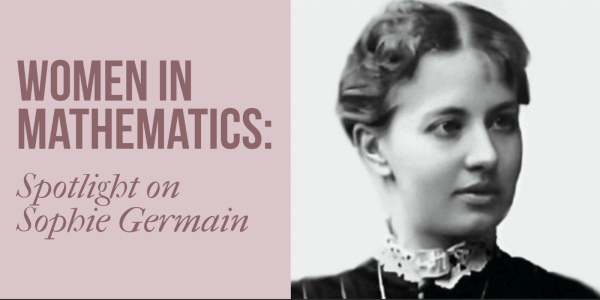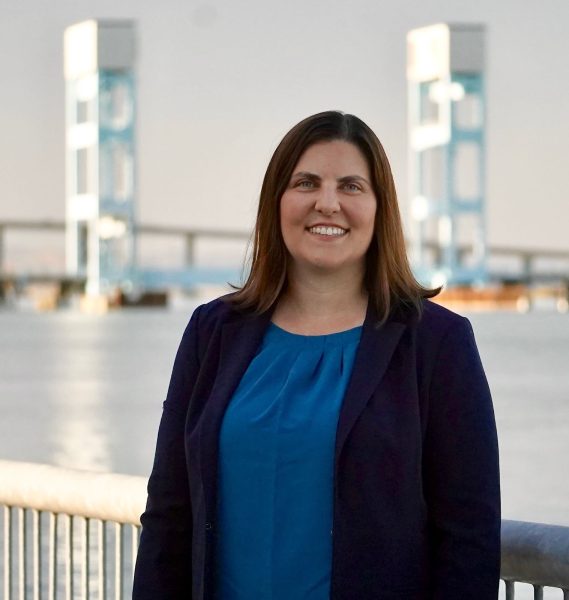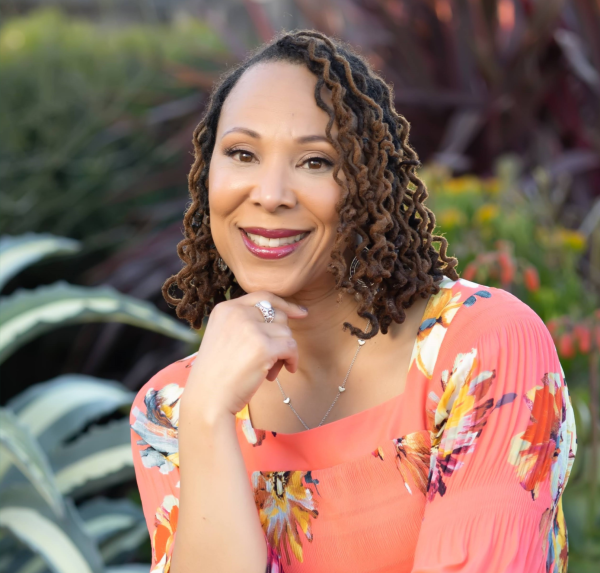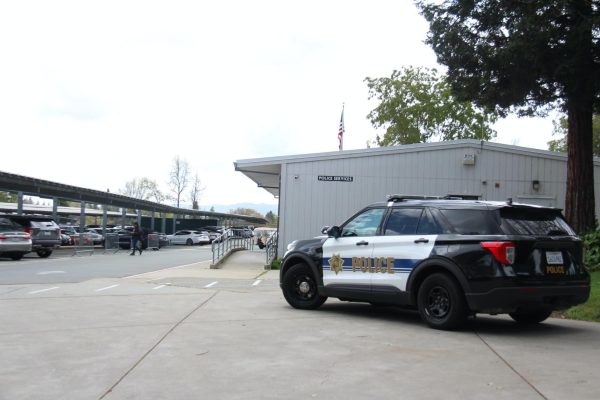Rainbow Community Center returns to DVC discussing microaggressions
Training director Kelsey Pacha (right) discusses the concept of intersectional identities on Feb. 20. The intersectional theory entails that one’s identity is manifested by traits they identify with. (Gavin Rock/The Inquirer).
February 27, 2019
Given aggravating events on the Diablo Valley College campus, keeping an open mind and respectful demeanor while interacting with others is vital in maintaining a safe, engaging environment. This was emphasized during the Intersectionality and Microaggressions workshop on Feb. 20 at the Margaret Lesher Student Union, hosted by training director Kelsey Pacha alongside youth outreach coordinator and DVC student Niq Muldrow on behalf of the Rainbow Community Center.
Instances where aggressors coming onto campus to harass staff and students has been a problem for the school and led to the rise in solidarity among our communities. Muldrow is all too aware of these recurring issues.
“We are on a campus that is complex in its history, as recently as last semester, with antagonizers coming onto our campus, or white supremacist groups,” said Muldrow. “We, as a campus, need to do better in being better allies and supports for each other.”
The main portion of the workshop consisted of focusing on defining specific types of microaggressions, and what their consequences might be. One of the more prevalent definitions for microaggressions is everyday verbal, behavioral or environmental messages, whether intentional or unintentional, that communicate hostile, derogatory, or negative prejudicial slights and insults toward any group.
The workshop began with participants receiving a number of handouts pertaining to what identities we hold true to ourselves. For example, Muldrow holds core identities of black, queer, trans, and a neurotypical.
“It’s never been an issue for me whether people know or not, and I wear (my identities) like a badge of honor,” Muldrow said.
The speakers then defined the term intersectionality as “multiple identities (that) are interwoven into an individual’s experience and cannot be examined independently of each other.”
A quote from American civil rights advocate and scholar Kimberlé Crenshaw expands the definition further as shown during the workshop. According to Crenshaw, “Intersectionality promotes an understanding of human beings as shaped by the interaction of different social locations.”
The term microaggression has three subcategories, ranging in the potential harm they may cause: microassaults, microinsults, and microinvalidations. Out of the three, microassaults are the most overt and explicit, often direct and conscious actions. For instance, microassault can be a racial epithet or a white supremacist symbol.
The other two, microinsults and microinvalidations, while similar, tend to be much more insidious in their nature. Microinsults can be verbal, nonverbal or environmental communications that subtly convey rudeness and insensitivity that demean s person’s identity or heritage. An example of a microinsult can be if a co-worker asks a fellow employee of color how they got their job, implying they may have used a quota system to land their position.
The third type, microinvalidations, can be the most detrimental to an individuals psyche in the long term, as this category of microaggressions invalidates an individuals identity altogether, usually through unconscious means on the end of the aggressor. Over time, an individual can begin to question their own identity. These can range from questioning an individuals place of origin to claiming to be ‘blind’ to race.
Though this variety of microaggressions can be witnessed in almost every facet of media-and for some, their entire waking lives-once you’re aware these exist, it becomes a responsibility to be an ally on the side of the oppressed. Doing otherwise feeds into perpetuating microaggressions as a whole.
To be an ally means to actively engage, listen and help marginalized groups. As mentioned in the workshop, the process of becoming an ally is lifelong in nature and requires an individual to be self-aware of potential biases within themselves.
One of the attendees, Maria, a social justice major, and activist, gave positive feedback for both the event itself and information provided by the experts.
“The exchange was great because now I have not only my perspective and the perspective of the presenters, but my peers’ perspectives too,” said Maria.






















